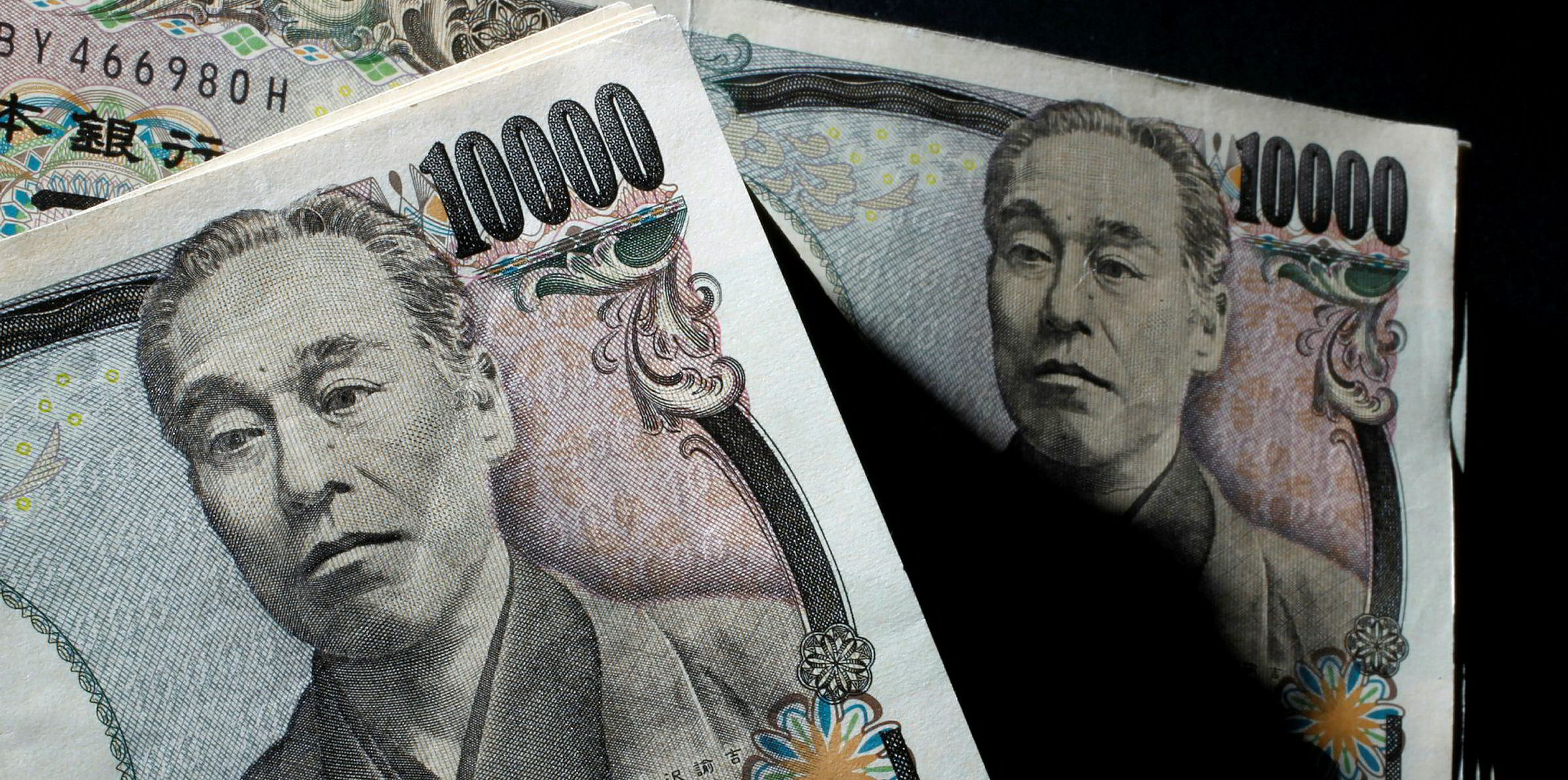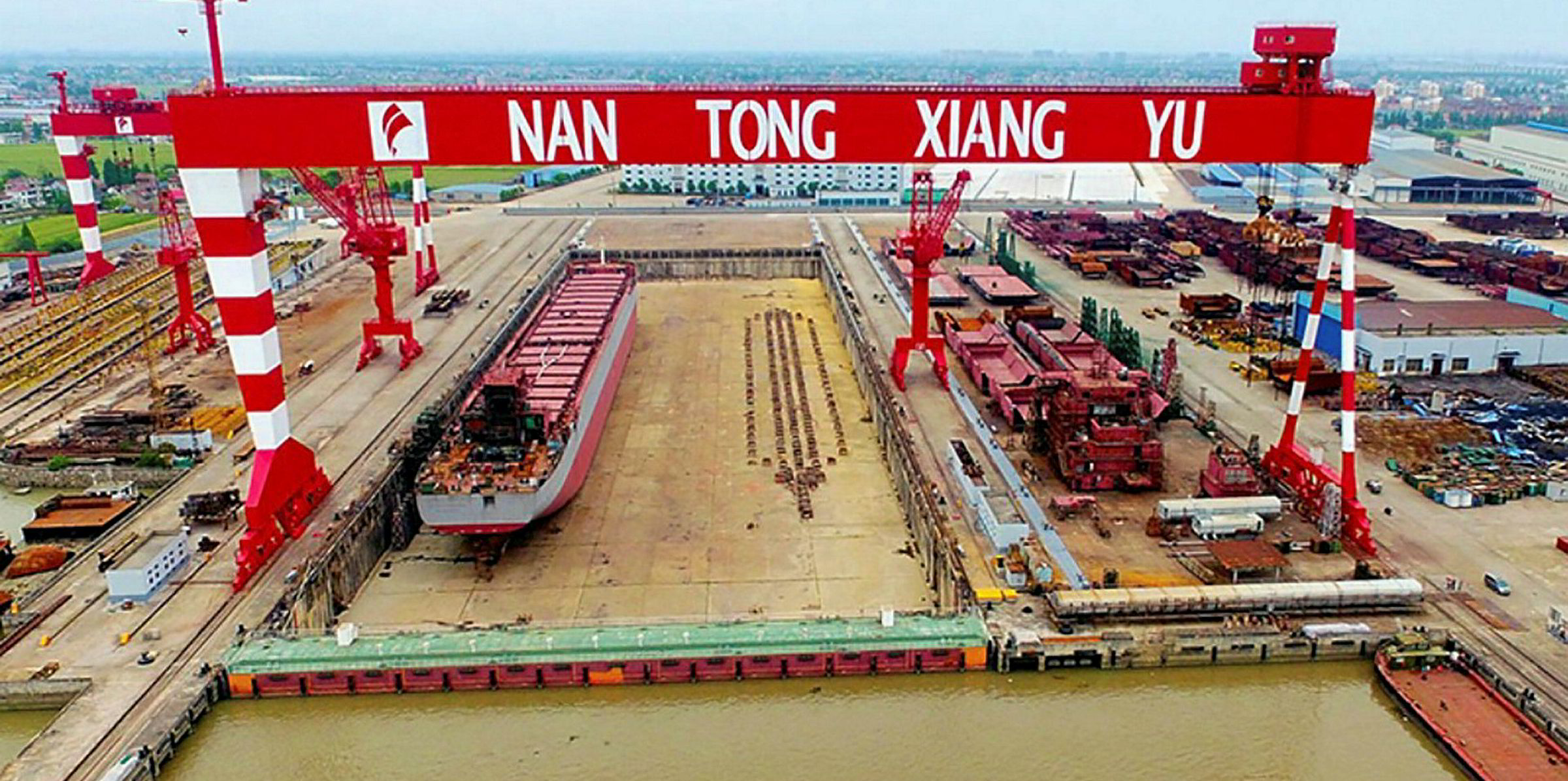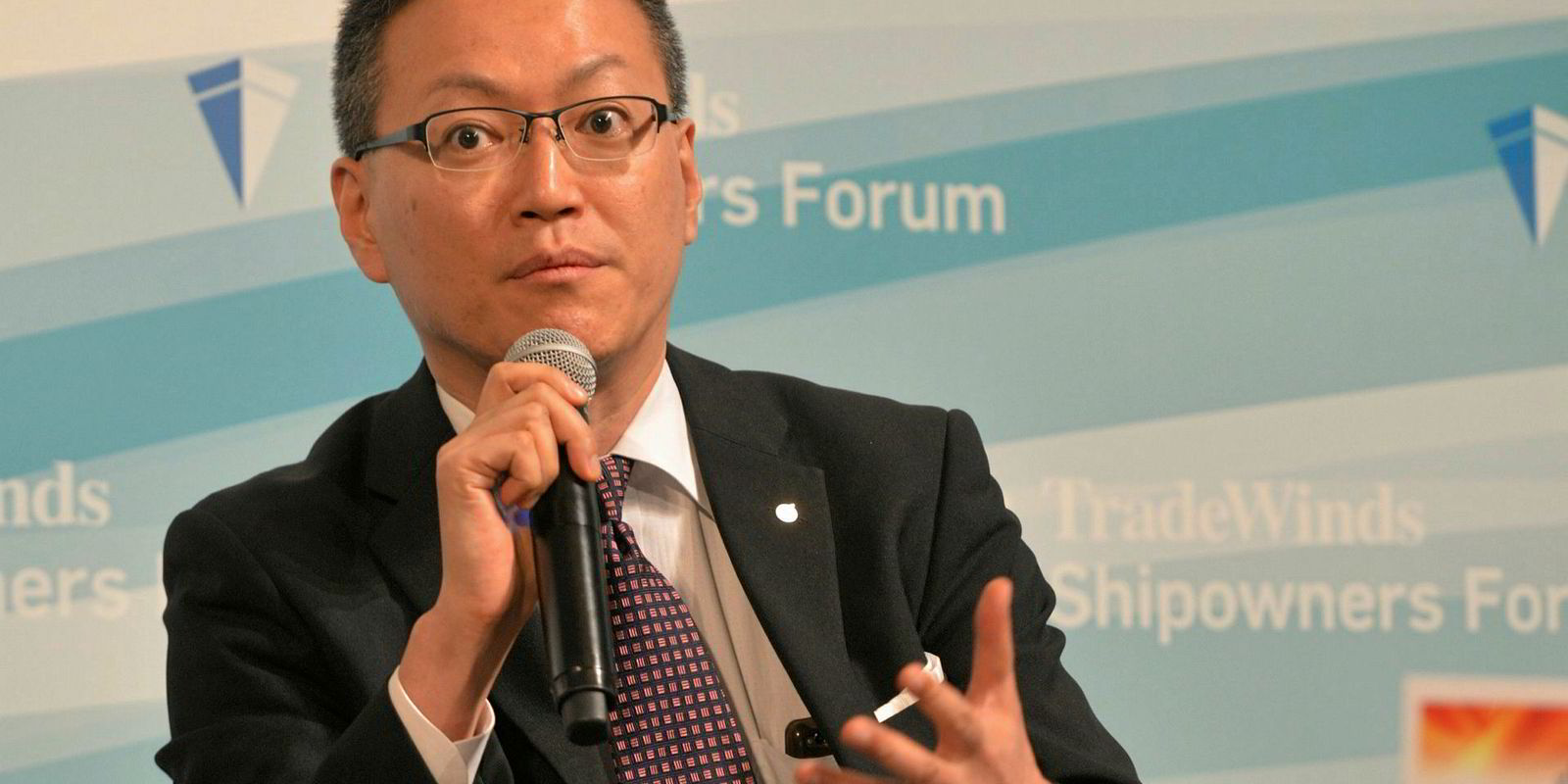Japan’s leading tonnage suppliers are growing their businesses despite depressed dry and wet trading markets, and a dwindling number of domestic customers.
VesselsValue states Imabari-based Shoei Kisen, which is controlled by the Higaki family, is Japan’s largest private shipowner, with a diversified fleet of 132 vessels and 39 ships on order.
Shoei Kisen is followed by Abe family company Nissen Kaiun, which has 135 ships and six on order; Fujii family controlled Nisshin Shipping, with 73 vessels and 39 newbuildings booked; and Ehime-based Doun Kisen, which has 95 ships and nine vessels on order.
Largely based around the Inland Sea region, which separates three of Japan’s five main islands, these private outfits traditionally build and own ships that are operated under long-term charter deals with the nation’s major operators.
But these outfits were dealt a major blow when two of their biggest Japanese customers — Daiichi Chuo Kisen and Sanko Kisen — went into receivership around a decade ago.
Big players cut
Japan’s big three ship operators — K Line, NYK Line and MOL — have also cut back their bulker and tanker fleets, and the length of charter contracts over that time.
Despite the setbacks, shipowning outfits have continued to grow, in part, due to a healthy supply of liquidity from regional banks — Ehime Bank, Hiroshima Bank, Shikoku Bank, Kagawa Bank and Iyo Bank.
By contracting ships in China, Japanese shipowners have shown they can be as competitive as any company when competing for business in the charter market.
Tokyo broker
The banks have been targeting shipping as an alternative investment opportunity after being hit by the region's deindustrialisation.
Local sources suggest this investment capital has helped companies, such as Imabari Shipbuilding-owned Shoei Kisen, to provide competitive charter deals for newbuildings they have ordered for domestic and non-Japanese operators.
Shoei Kisen has recently put together such deals for Asian boxship operators Yang Ming Marine Transport Corp and Evergreen.
The outfit has also taken the risk of ordering at its parent company — Imabari Shipbuilding — when the trading market has been down, in the hope that rates will improve during construction to provide profitable charter deals.
By contrast, Nissen Kaiun, Nisshin Shipping and Doun Kisen have cut their traditional ties with domestic shipbuilders to pursue more competitively priced deals at cheaper yards in South Korea and, more frequently, in China.
“By contracting ships in China, Japanese shipowners have shown they can be as competitive as any company when competing for business in the charter market,” one Tokyo broker said.
Nisshin Shipping has ordered 31 of its 39 inked newbuildings outside of Japan, and six newbuildings of Doun Kisen’s nine-ship orderbook are being built in China, as are three of Nissen Kaiun’s nine newbuilding orders.
Fussy charter policy
However, these firms have been fairly fussy about who they do charter business with outside of Japan, and often only deal with established blue-chip companies.
Their clients include the likes of Hansa Tankers, Berge Bulk, Ultrabulk, Bocimar, Chembulk Tankers and Oldendorff Carriers.






